Blog
-
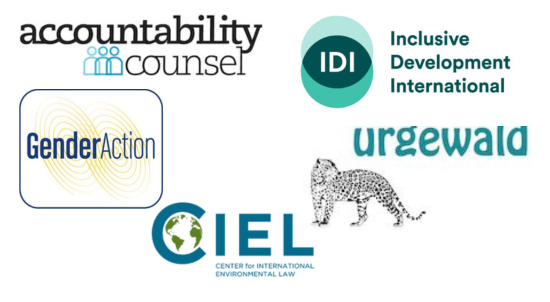 2 April 2024
2 April 2024External Investigation Into Alleged IFC Cover-Up Must Be Robust and Transparent
On March 13, 2024, World Bank Group (WBG) President Ajay Banga announced an external investigation of allegations of interference in the IFC Compliance Advisor Ombudsman (CAO) process as relates to IFC’s investments in Bridge International Academies. As the World Bank Group moves forward with this investigation, it is important that it is independent and thorough. -
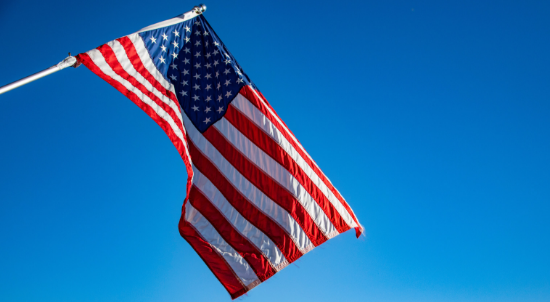 26 March 2024
26 March 2024New U.S. Government National Action Plan Promotes Remedy for Corporate Harms: Implementation Will Be Key
Recognizing the need for U.S. leadership, the new U.S. National Action Plan on Responsible Business Conduct (NAP) includes commitments from various government agencies to promote responsible business conduct. Accountability Counsel submitted recommendations for the NAP, and we are happy to see several of our recommendations addressed. -
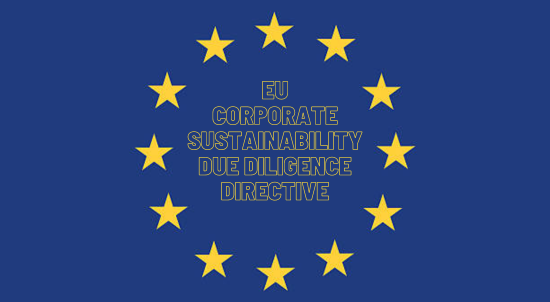 21 March 2024
21 March 2024The EU Corporate Sustainability Due Diligence Directive: A Momentous Development, but More Needed to Keep People and the Planet at the Heart of Due Diligence
While the CSDDD’s advancement is commendable, finalizing the CSDDD must be the beginning – not the end – of conversations on how to ensure that business and finance operates in a just, sustainable, and accountable way. -
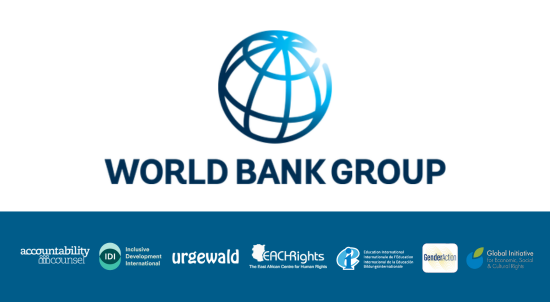 14 March 2024
14 March 2024IFC Response to Child Sexual Abuse Investigation Fails Survivors; Evades Responsibility
Today, the World Bank released a scandalous internal investigation of child sexual abuse allegations at private schools funded by its private sector arm, the IFC. Although World Bank President Ajay Banga has expressed contrition, the IFC’s official management response fails to offer meaningful remedy to the survivors of abuse that it turned a blind eye to for almost a decade. -
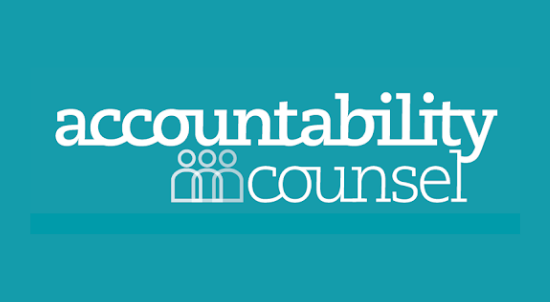 11 March 2024
11 March 2024Comparing the Independent Accountability Mechanism Policy Review Process Across MDBs
Policy reviews at the World Bank, ADB, EBRD, and AIIB come at a time when MDBs have been entrusted with greater mandates to combat the urgent climate crisis. It is imperative that the policy reviews result in strong improvements to protect and guarantee the rights of project-affected communities around the world. -
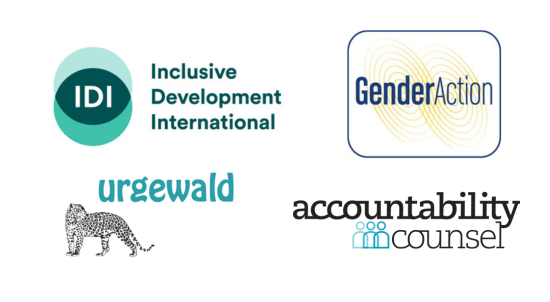 8 March 2024
8 March 2024IFC’s Response to Sexual Abuse Does Not Provide Remedy to Bridge Survivors; Executive Directors Should Reject It
On this International Women’s Day, the International Finance Corporation is asking its Executive Directors to endorse an inadequate and flawed plan in response to the investigation of child sexual abuse at Bridge International schools in Kenya. Executive Directors should reject the proposed MAP. -
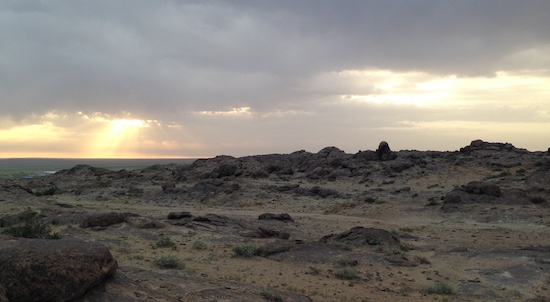 5 March 2024
5 March 2024Harm in the Extractive Sector: The Case of Energy Transition Minerals (ETMs)
Analyzing complaints that are connected to energy transition minerals (ETM) projects, which are considered crucial for the transition to renewable energy, and posit three theories as to why there are not more complaints given the high volume of ETM projects and the harm associated with them. -
 27 February 2024
27 February 2024World Bank Response to Sex Abuse Scandal is a Test of its Credibility
If the World Bank wants to be taken seriously as a development institution, then its response to the Bridge Academies case is a test that it cannot afford to fail. -
 26 February 2024
26 February 2024Reflections On My First Day as Executive Director
Today is my first day as Accountability Counsel’s Executive Director, and I am reflecting on community and accountability. I am overwhelmed with gratitude for the community of advocates, supporters, movements, and organizations that have made Accountability Counsel what it is today. This is Accountability Counsel’s 15th year, which is an… -
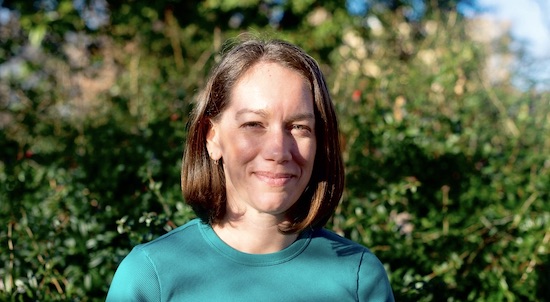 13 February 2024
13 February 2024Welcoming Accountability Counsel’s new Executive Director
It is with great pleasure and excitement that we share with you that, after an exhaustive search, Margaux Day has been appointed Accountability Counsel’s next Executive Director. -
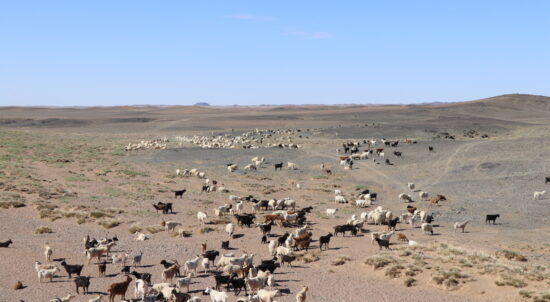 5 February 2024
5 February 2024Charting the path of every single complaint
To understand how the system of independent accountability mechanisms is working for those who engage their services, we mapped out the path of every single complaint. Our analysis reveals huge barriers to entry, but also high likelihood of affirmation of the complaint if it reaches the compliance investigation or dispute resolution phase. -
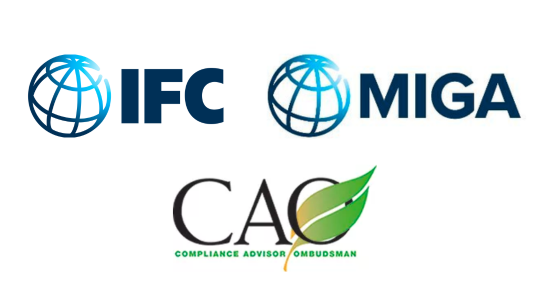 25 January 2024
25 January 2024Why IFC’s Practice Of Irresponsibly Exiting Projects Must Stop
Data in a new report showing how frequently the International Finance Corporation and its clients abandon investments when communities harmed by those investments demand accountability is especially alarming. -
 21 December 2023
21 December 2023A New Year’s Resolution for the World Bank Evolution: The Work Ahead for Remedy in 2024
It is near the end of the year (for those following the Gregorian calendar), so now seems as good a time as any to reflect on our continued push for the world’s largest development bank, turned aspiring champion of climate finance and now host of the Loss and Damage climate reparations fund, to finally, finally, finally deliver effective remedy when its projects cause real harm to people. This is also the time to rest up for the road ahead in 2024. -
 19 December 2023
19 December 2023The EU’s Corporate Sustainability Due Diligence Directive – One More Step Towards Fully Accountable Finance
While many are rightly disappointed about the favoritism afforded to the financial sector under the European Union’s forthcoming Corporate Sustainability Due Diligence Directive, all is not lost. Exemption under the law does not absolve the financial sector’s responsibility for environmental and human rights impacts directly caused or enabled by their activities. Even if financial institutions are not yet subject to full liability, they can still be held accountable. -
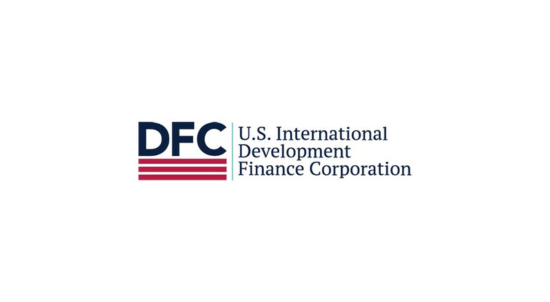 18 December 2023
18 December 2023Congress Calls out DFC on Employee Mistreatment
Last week, Congressional Labor Caucus co-chairs, Donald Norcross (D-NJ), Debbie Dingell (D-MI), Steven Horsford (D-NV), and Mark Pocan (D-WI) called on U.S. International Development Finance Corporation (DFC) CEO Scott Nathan to address allegations of retaliation against DFC employees for whistleblowing and labor organizing. Retaliation against whistleblowers at the DFC is… -
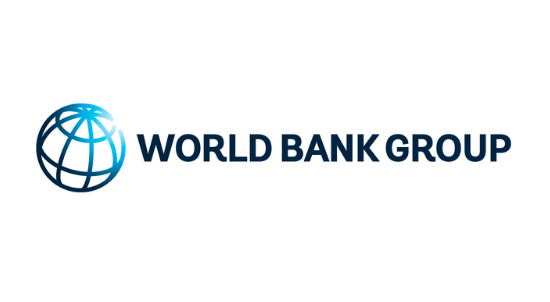 6 December 2023
6 December 2023The World Bank’s response to sexual abuse should shake donors’ confidence
The IFC’s inability to take responsibility for a crisis of its own making comes at a time when the World Bank is asking shareholder governments to trust it more. -
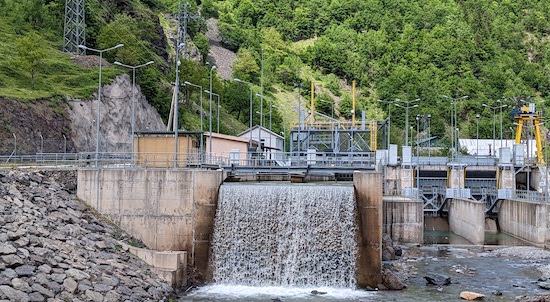 5 December 2023
5 December 2023Climate Finance: Is it doing more harm than good?
With COP28 underway this week, our attention turns to financial institutions and their role in the climate crisis, prompting questions about the effectiveness of climate finance and emphasizing the pressing need for strengthened accountability and meaningful remedy. -
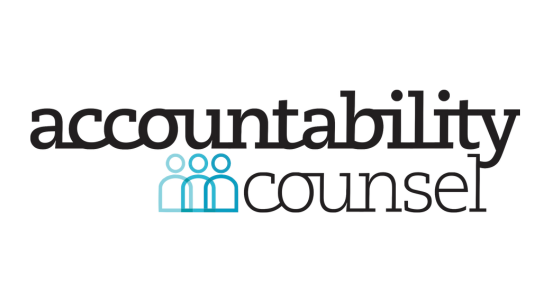 8 November 2023
8 November 2023Accountability Counsel: Ceasefire in Gaza
Accountability Counsel joins hundreds of organizations calling for an immediate ceasefire in Gaza. -
 7 November 2023
7 November 2023How Lessons from MICI Cases Can Inform IDB’s Strategy Review
As the IDB Group embarks upon adopting a new Institutional Strategy, the IDB should learn lessons from its independent accountability mechanism to ensure that its new seven-year strategy prioritizes improving community impact in addition to focusing on growth. -
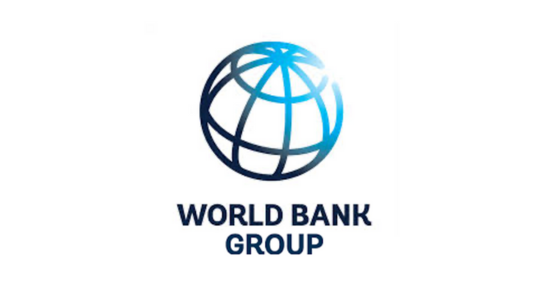 19 October 2023
19 October 2023Demanding Accountability: Joint Statement in Response to Reports of a Child Sexual Abuse Cover Up at the World Bank
Responding to disturbing and devastating reports of efforts to cover up child sexual abuse tied to a World Bank Group investment in Kenya, 32 civil society organizations are demanding transparency and justice.

